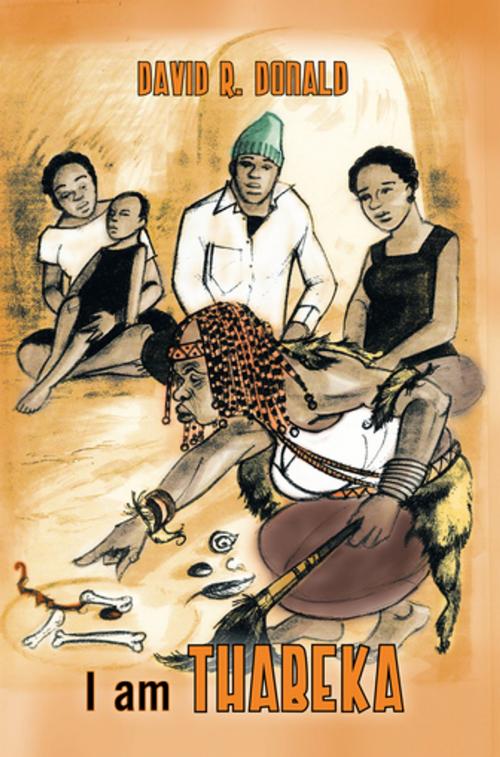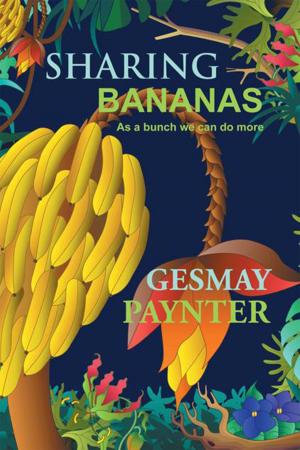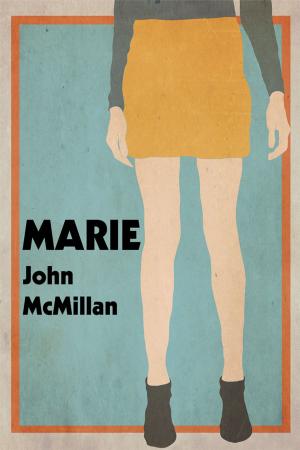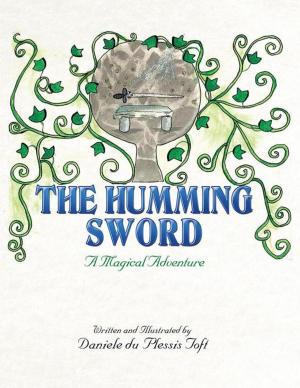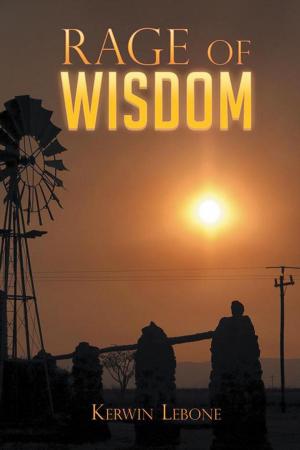I Am Thabeka
Kids, Fiction, Chapter Books, Beginner, My Family, My Feelings, My Friends, Social Issues| Author: | David R. Donald | ISBN: | 9781479751396 |
| Publisher: | Xlibris UK | Publication: | November 30, 2012 |
| Imprint: | Xlibris UK | Language: | English |
| Author: | David R. Donald |
| ISBN: | 9781479751396 |
| Publisher: | Xlibris UK |
| Publication: | November 30, 2012 |
| Imprint: | Xlibris UK |
| Language: | English |
It is often interesting to know why an author chose to write a particular story.
First, in order for me to explain this reason, I need to tell you a little about my background. I have worked as a teacher, then as a child psychologist in schools, and finally as a lecturer and professor in two South African universities.
It is only since my retirement some twelve years ago that I had the time to start writing stories for both young children and older adolescents. Because of my professional background - and particular interest in reading development all my published short stories and novels have an underlying purpose. And that purpose is to bring to young people reading material that is not only interesting and that they can relate to their personal lives, but also carries with it something that could be useful in their own psychological development.
All of my three novels in this Xlibris series (see the relevant titles of the other two novels below) have an underlying developmental theme and purpose. And this is to provide stories that I hope may help them deal with the painful feelings and, often, their practical difficulties which have to be faced when someone has lost a loved one.
Perhaps even more important, each of the stories also tells, in its own way, how the main character overcomes and rises above her or his grief and difficulties. Differing in each case, this recovery comes not only from the help and support of one or more friends, relatives, neighbours and teachers but also, significantly, from the determination and courage of each of the main characters.
In order to help you to relate these important elements to your own life, and perhaps to the lives of other young people whom you may know, I have added two short sections at the end of each book. The first provides you with a number of Questions to think about and the second with a few carefully chosen Activities for you to undertake if you choose to do so.
However, even though it may take a little effort, please follow through on both of the above elements as they will most definitely help you get the most out of each story.
Second, I believe that an author of any fictional story needs to be personally familiar with the place and the language* and culture of the people who live there. Without this element, the story will simply not feel authentic or real to any reader wherever they happen to live in the world.
My hope, again, is that this will be true for you.
*In each of my three novels, I have a list at the end of the novel of the English translations, and a guide to the pronunciation of, those important names, words and phrases in the African languages that I have chosen to use in the respective novels. I hope that this information may contribute to the authenticity of the stories as you read them.
The titles of my other two Xlibris Corporation novels in this series are:
Gogos song
Woza Thabo!
The story that I have written below grew out of an actual experience.
It all started when an organisation in the province of KwaZulu-Natal, South Africa asked a colleague and me to do some research with the orphans in the organisations project. The organisation wanted to find out if it was really being effective in helping the orphans as opposed to other children in the community who lived in homes where an adult or adults (called adult headed households) were looking after them. (In the case of the orphans, where no adults were looking after them, the term, child headed households, was used.)
We wanted to find out what problems the orphans in child headed households had to face, and whether these were different to the problems faced by other children who lived in the same poor community in the adult headed households. We also wanted to find ou
It is often interesting to know why an author chose to write a particular story.
First, in order for me to explain this reason, I need to tell you a little about my background. I have worked as a teacher, then as a child psychologist in schools, and finally as a lecturer and professor in two South African universities.
It is only since my retirement some twelve years ago that I had the time to start writing stories for both young children and older adolescents. Because of my professional background - and particular interest in reading development all my published short stories and novels have an underlying purpose. And that purpose is to bring to young people reading material that is not only interesting and that they can relate to their personal lives, but also carries with it something that could be useful in their own psychological development.
All of my three novels in this Xlibris series (see the relevant titles of the other two novels below) have an underlying developmental theme and purpose. And this is to provide stories that I hope may help them deal with the painful feelings and, often, their practical difficulties which have to be faced when someone has lost a loved one.
Perhaps even more important, each of the stories also tells, in its own way, how the main character overcomes and rises above her or his grief and difficulties. Differing in each case, this recovery comes not only from the help and support of one or more friends, relatives, neighbours and teachers but also, significantly, from the determination and courage of each of the main characters.
In order to help you to relate these important elements to your own life, and perhaps to the lives of other young people whom you may know, I have added two short sections at the end of each book. The first provides you with a number of Questions to think about and the second with a few carefully chosen Activities for you to undertake if you choose to do so.
However, even though it may take a little effort, please follow through on both of the above elements as they will most definitely help you get the most out of each story.
Second, I believe that an author of any fictional story needs to be personally familiar with the place and the language* and culture of the people who live there. Without this element, the story will simply not feel authentic or real to any reader wherever they happen to live in the world.
My hope, again, is that this will be true for you.
*In each of my three novels, I have a list at the end of the novel of the English translations, and a guide to the pronunciation of, those important names, words and phrases in the African languages that I have chosen to use in the respective novels. I hope that this information may contribute to the authenticity of the stories as you read them.
The titles of my other two Xlibris Corporation novels in this series are:
Gogos song
Woza Thabo!
The story that I have written below grew out of an actual experience.
It all started when an organisation in the province of KwaZulu-Natal, South Africa asked a colleague and me to do some research with the orphans in the organisations project. The organisation wanted to find out if it was really being effective in helping the orphans as opposed to other children in the community who lived in homes where an adult or adults (called adult headed households) were looking after them. (In the case of the orphans, where no adults were looking after them, the term, child headed households, was used.)
We wanted to find out what problems the orphans in child headed households had to face, and whether these were different to the problems faced by other children who lived in the same poor community in the adult headed households. We also wanted to find ou
